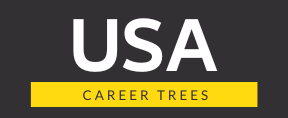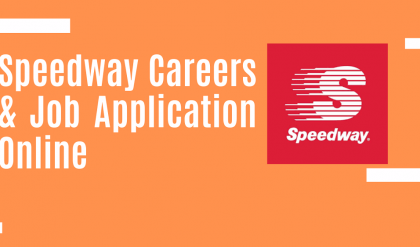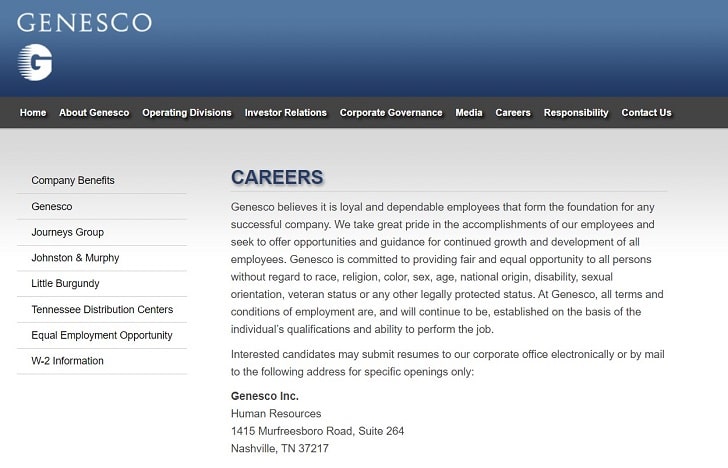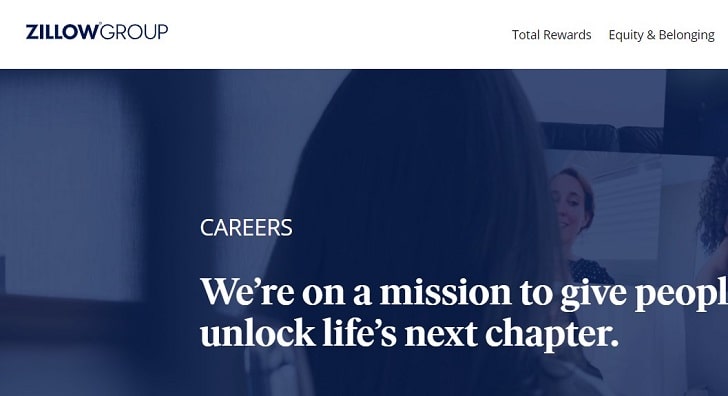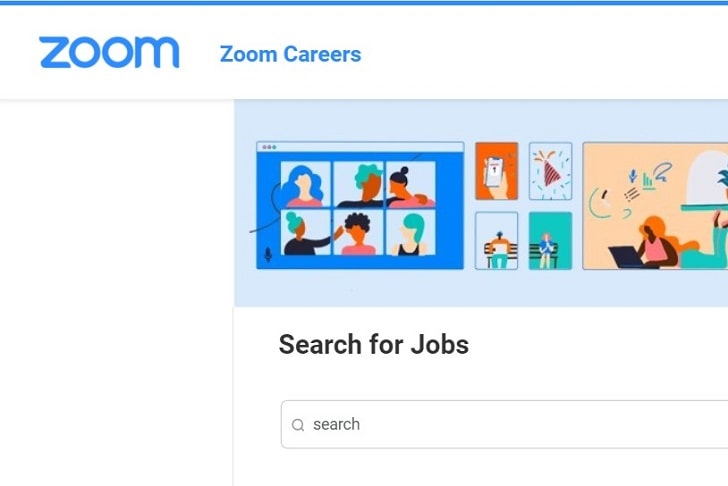By Dini Rengganing Suci
Question 1: Tell me a little bit about yourself
- Where to begin? What are they curious about? Should I begin in high school, college, or first grade? Interviewers ask this question frequently: Tell me about yourself. What you say in response to this question says a lot about you as an applicant. The purpose of this inquiry is to break the ice, and it can be difficult to answer if you’re not prepared.
- Discuss your current employer in a brief manner. Talk about 2-3 of your greatest successes. In your cover letter, talk about a few of your strengths that are relevant to the job for which you are applying and how they can help you succeed in the position. Now tell them how you envision your future role at their organization fitting your skill set.
Question 2: What are your strongest strengths?
They’re asking you in a broad sense, so take it that way. It’s time to figure out what you’re most talented at.
- You’re a good leader, right?
- Is your time management skills up to snuff?
- Do you have a strong ability to convey your ideas and thoughts to others?
- Is your schedule meticulously planned?
- No? Do you have the ability to persuade?
- If you’re being interviewed for a job, be prepared to list your top two or three strengths to the interviewer.
Question 3
What do you consider to be your greatest assets?
Do
- Find out what the employer is searching for in the job description and use your skills to fit.
- Consider your experience as a leader and the initiatives you’ve successfully directed if leadership is a requirement.
- It’s critical that your skills and experience match the job description.
- Focus on how you can help them by leveraging your skills and experience.
Don’t do this.
- Make sure your strengths are relevant to the position you are applying for.
- Don’t boast about your personal qualities, such as being a good father.
- Don’t list skills that you can’t demonstrate in the workplace.
- Don’t claim that you’re unsure.
- Don’t lie to them and say you don’t have any.
- This is a chance for you to sell yourself, so don’t be shy about it.
Question 4
What prompted you to leave your previous position?
Unless you’re still employed, this question will be asked of you. You’ll be asked why you’re quitting even though your job isn’t over yet. However, if you’re not working, it’s likely that you were fired, sacked, or quit your job for some other reason. You merely need to explain why you’re no longer employed at your previous position.
Make it clear why and where you’re going if you’ve decided to leave for good. Simply stating why you were fired is all that is required, but make sure this does not alter the qualifications for the new position. In the event of a layoff, inform your coworkers that some members of your team were laid off due to the economy and a decrease in sales. Put it in your own words to make it more understandable, but don’t overdo it.
Question 5
Is there anything you’d want to know about Vodafone?
Candidates should to read the “About Us” section of the company’s website to be ready to answer interview questions. Since they want to know if you have a genuine interest in the mission, this question isn’t necessarily an indicator of your understanding of it. When writing an email to a firm, it’s best to begin with a few important terms and phrases from the company’s website, but then move on to personalize it. “I’m personally pulled to this purpose because…” or “I strongly believe in this method because…” and give a few examples of why you’re so enthusiastic about it.
Question 6
What are the areas in your life where you need to improve the most?
How do you solve this question? You take a theoretical weakness and magically change that flaw into a strength disguised!
As an illustration, consider the following: “Because I get so engrossed in my work that I lose track of time, this is my biggest weakness. Everyone has gone home by the time I get up in the morning! In the moment, it’s impossible for me to think about anything else but the task at hand.” You’ll put in more hours than anyone else, therefore that’s your “greatest weakness,” then. Great…
A better strategy is to pick a weakness that you’re actively attempting to improve. Let others know how you’re coping with your weakness. Showing a willingness to honestly analyze one’s own performance and then seek improvements comes quite near to perfection.
Question 7
Do you have a favorite career accomplishment?
This is an interview question that necessitates a response that is directly related to the position being sought. If you’re applying for a position in human resources and you claim your biggest accomplishment was increasing throughput by 18% in six months, your answer is interesting but ultimately meaningless. You should instead tell about how you “rescued” an underperforming employee, fought off interdepartmental squabbles or promoted numerous of your subordinates. You want to show the interviewer that you’d be a good fit for the position and that you’d be able to succeed in it.
Question 8
How much did you earn at your last job?
This is a difficult one. When it comes to pay talks, you want to be upfront and honest, yet some organizations use this question as the first step. Make use of Liz Ryan’s advice. Upon being questioned, for example, “Jobs in the $50,000 area are what I’m looking for. This place appears to fall inside that range.” In fact, you should have known that previously, but this is an excellent way of deflecting.) The interviewer may or may not respond. You’ll have to determine whether or not to divulge if she presses you for an answer. There will come a time when deciding whether or not to take the compensation provided is a matter of personal preference.
Question 9
What makes you stand out from the rest of the candidates?
Candidates rarely believe they’ve done their best during an interview. The dialogue may have taken a surprising turn. It’s possible that the interviewer was just interested in one area of the candidate’s abilities and overlooked the rest. As a result, some candidates may wish they could go back in time to revise their answers to the questions they were asked during the interview. Plus, as an interviewer, don’t you want to offer the candidate the opportunity to ensure that you understand as much about them as possible?
Question 10
During your first three months, what can we expect from your performance?
This question should be answered by your company, who should have a strategy for you and expectations in place. However, if pressed, follow this broad outline:
- The correct things will keep you active, not just keeping you busy.
- You’ll work hard to figure out how your employment adds value.
- All of your constituencies, including your employer, colleagues, customers and suppliers/vendors will benefit from this course.
- If you get recruited because of your skills, you’ll focus on using those skills to make things happen; you’ll be hired because of your abilities.
- Your passion, attention, and sense of dedication and cooperation will have an impact on consumers and coworkers alike.
Question 11
Why are you interested in this position?
It goes without saying that employers want to work with people who are really interested in the position for which they are applying. As for the rest of us? You may want to look elsewhere for a job.) Then explain why you want to work for the company (e.g., “I’ve always been passionate about education and I think you guys are doing great things, so I want to be a part of this job.”) before mentioning a few key factors that make this role a great fit for you (e.g., “I love customer support because I love the constant human interaction and the satisfaction that comes from helping someone solve a problem.”)
Question 12
What value do you bring to this organization?
- It’s best to present instances of what you’ve done in the past and link it to your future goals when answering inquiries regarding your work for the organization. The STAR interview response approach is what it’s called. An easy-to-remember method for answering interview questions is to state the scenario, the task, the action, and the result (the outcome of the situation).
- Make sure you’ve done your homework on the company before the interview, so you know what they do and why they do it. Determine the firm’s needs, and then explain how your education, talents, accomplishments, and experience will help the company meet these goals by citing concrete examples from your work history.
- Look at the company’s and the position’s goals and compare them to your own. Make sure your skills are in line with the requirements of the position so that you can confidently offer your services. Also, be prepared to talk about your achievements in your previous work. It is your job to demonstrate to the interviewer that you are capable of exceeding expectations if you are employed.
Question 13
Why was there a gap in your employment?
In the event that you’ve been out of work for a while, don’t hold back in describing what you’ve been up to (and hopefully, that’s a long list of noteworthy volunteer and other mind-enriching activities, like blogging or taking classes). Then, focus the conversation on how you plan to perform your duties and have a positive impact on the company: At the moment, I opted to take a vacation from this group, but now I’m back and willing to help out in the following ways.”
Question 14
How would your boss and co-workers describe you?
The first thing to realize is that if you land this position, your old supervisors and coworkers will be contacted by the hiring manager. Once you’ve done that, look for extra skills and attributes that you haven’t talked about in other parts of the interview, such as your excellent work ethic or desire to help out on other projects.
Question 15
Describe your dream job?
Relevance, relevance, and more relevance sum up how you should answer this question. There is nothing wrong with coming up with your own response, but it doesn’t mean that you have to. Every job has something to teach you. Skills can be developed in any career. Start at the end and work your way backwards: Think about what aspects of the job you’re interviewing for will help you land your dream job in the future, and then explain how those aspects relate to your current goals. And don’t be hesitant to state that you may leave the company in the future, whether to work for another one or, better yet, to start your own. It’s becoming less common for employers to demand long-term employees.
